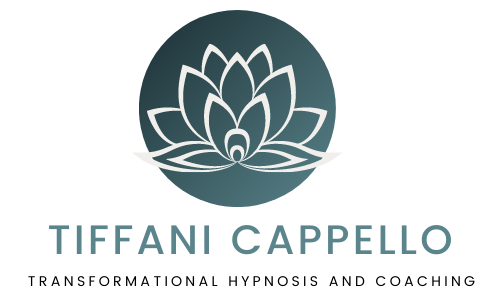For years, I battled severe anxiety, struggling to find relief and effective solutions. I was seeking help from health care practitioners, but no one addressed the impact of lifestyle choices on my anxiety. Instead, I received messages suggesting that my brain was “broken” or that past trauma would forever hold me back. The truth is, I found my way to recovery by understanding how the mind works and embracing real solutions. This is why I created this blog – to help you realize that you can overcome anxiety without years of struggle. In this article, we’ll explore five common habits that may be making your anxiety worse and preventing your recovery.
Research has shown that insufficient sleep plays a pivotal role in heightening anxiety levels. During sleep, our brains undergo critical processes that regulate emotions and help us cope with stressors. When we don’t get enough sleep, these mechanisms are disrupted, leaving us more vulnerable to anxiety triggers.
Sleep deprivation directly affects the brain’s amygdala, the region responsible for processing emotions. When sleep-deprived, the amygdala becomes more reactive to negative stimuli, amplifying our anxious responses. Simultaneously, the prefrontal cortex, which is involved in rational thinking and emotional regulation, struggles to function optimally, impairing our ability to manage anxious thoughts effectively.
This can become a vicious cycle, as anxiety itself can lead to difficulty falling or staying asleep. Racing thoughts and worry can keep us tossing and turning, perpetuating the problem and further compromising our overall well-being.
Most people will require 7-8 hours of sleep at night and even more in the winter, or during stressful times or illness. If you struggle with anxiety, it is quite possible that you may actually require a bit more sleep and that is ok.
Here are a few quick tips for improving the quality of your sleep:
- Try natural sleep aids like magnesium threonate, herbal sleep aids, l-theanine,
- Stop viewing electronic devices and television before bed and try reading or listening to audiobooks instead.
- Get up and go to sleep at the same time every day. This helps your body to fall into a natural circadian pattern. Using a SAD light in winter, created for those with seasonal affective disorder and very inexpensive on Amazon, can be a real game changer. I set my alarm for 10 minutes before I want to get up and shine this light on my face before getting up for the day.
- Eat your last meal at least 4 hours before getting in bed. Digestion requires energy from the body and can keep you from sleeping soundly.
- Avoid caffeinated foods and beverages after 2pm each day.
If you are struggling with sleep issues, be sure to check out my free video – Sleep Meditation for Anxiety on YouTube
Click here to read the blog about the next thing that will make your Anxiety worst.


